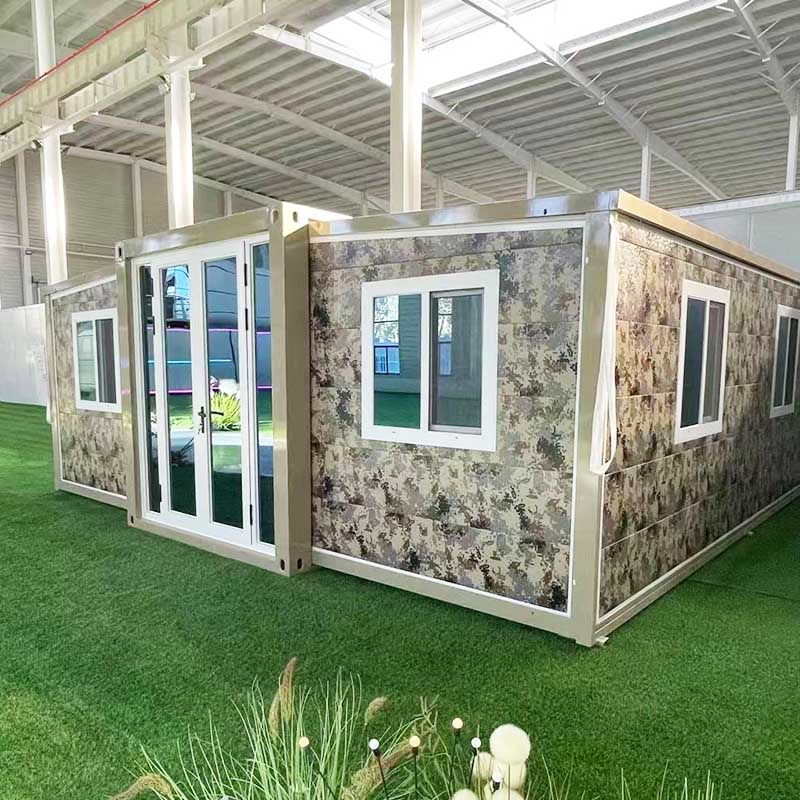Welcome to Yilong Integrated Housing Technology Co., Ltd.
The most suitable material for building container houses is steel. Steel has high strength and corrosion resistance, can be used for a long time in harsh environments, and is suitable for use in coastal areas or places with humid climates. In addition, steel has high strength, strong structure, good weldability, and is relatively cheap.

Other common materials and their advantages and disadvantages
Wood:
Advantages: Wooden containers use plywood as the main material and have excellent sound insulation performance
Disadvantages: But it is not suitable for use in areas with humid climates and strong corrosion.
Aluminum alloy:
Advantages: Light weight, beautiful appearance, corrosion resistance, good elasticity, easy processing, no time-consuming, and long service life.
Disadvantages: High cost.
Fiberglass:
Advantages: It has excellent properties such as lightweight, corrosion resistance, heat insulation, etc., suitable for long-term use, and can also reduce maintenance costs.
Disadvantages: Easy to age and heavy.
Advantages of steel
High strength: Steel has excellent strength and can withstand large external forces to ensure the structural stability of container houses.
Corrosion resistance: Steel performs well in harsh environments and can resist corrosion from moisture and chemicals.
Economical and practical: Steel is relatively inexpensive and suitable for users with limited budgets.
Wide range of applications: Suitable for a variety of environments, especially in humid and corrosive environments.